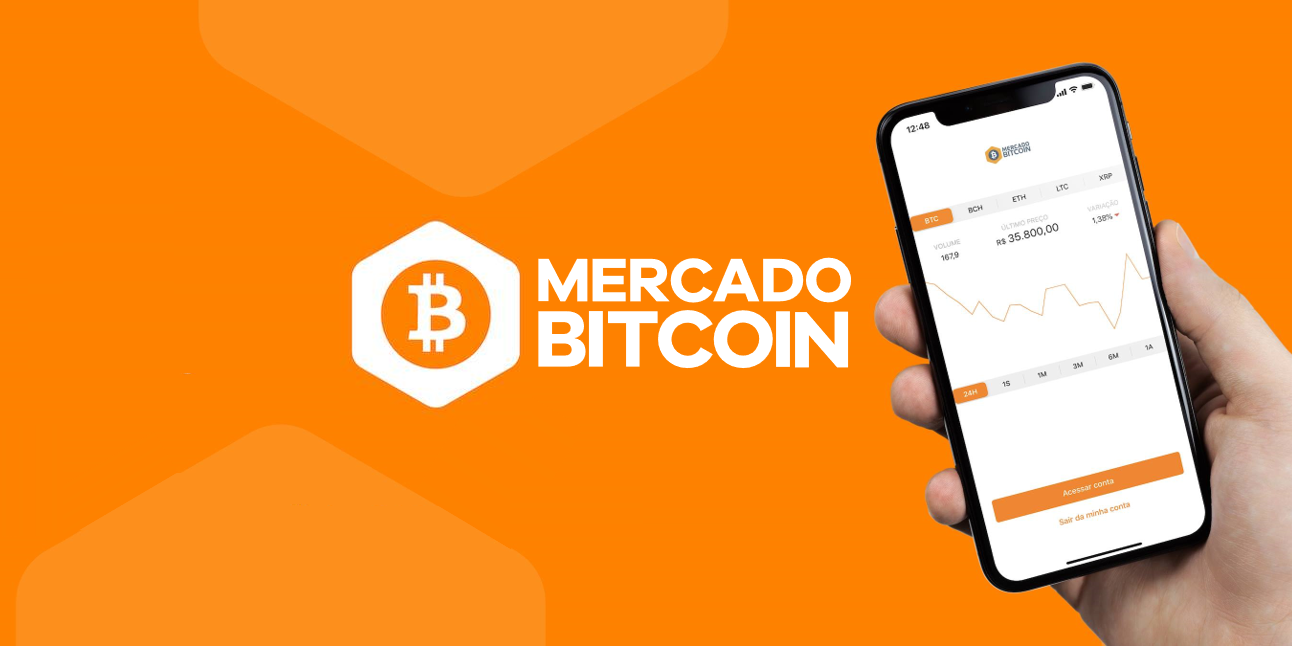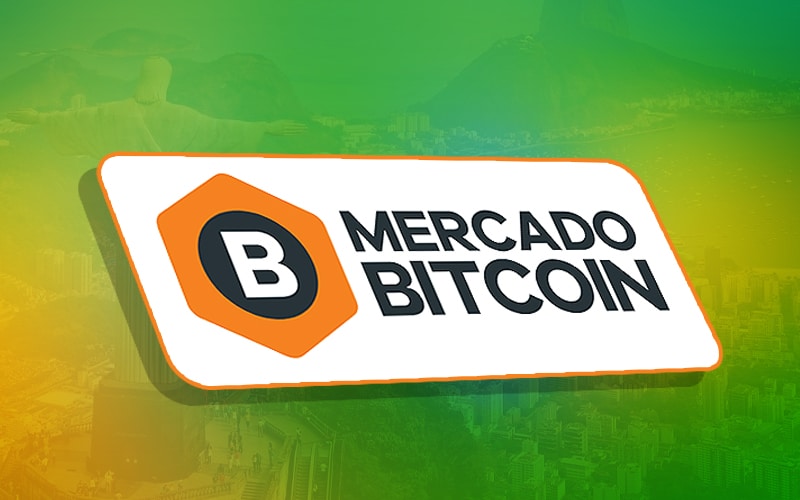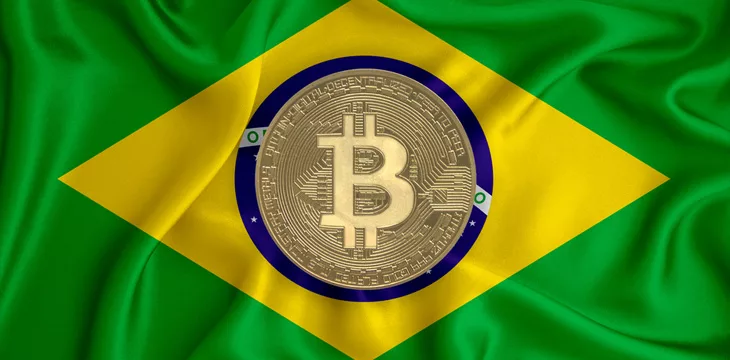The first of its kind, Brazilian crypto exchange Mercado Bitcoin has launched a loan product where crypto is tied as collateral to secure credit in Brazilian Reais. This pioneering loan product is flexible and lets users use their crypto assets without fear of an automatic liquidation event. If Mercado Bitcoin continues scaling its offerings, this new service will give a whole new meaning to the financial landscape in Brazil by truly pinning cryptocurrency further into the country’s mainstream financial ecosystem, providing crypto enthusiasts with easy access to liquidity.

Brazilian Crypto Exchange Mercado Revolutionizes Crypto-Collateralized Loans
Such a move by the Brazilian crypto exchange Mercado Bitcoin would be important in developing Brazil’s financial ecosystem. The platform declared it would now offer a loan service directly backed by cryptocurrency. Mercado Bitcoin allows users to get loans in Brazilian reais, collateralized by their crypto holdings on the platform. The Brazilian crypto exchange further allows users to borrow up to 30% of their cryptocurrency. In this case, the level of liquidation risk can also be decreased. This is a high cap, considering the platform currently holds over $900 million worth of crypto assets, which might mean a credit capacity of more than $300 million.
These loans come at an attractive rate of 1.39% per month, likely among Brazil’s very lowest rates on collateralized lending. The loan service only supports Bitcoin and Ethereum, the two largest digital currencies by market capitalization. However, Mercado Bitcoin expressed interest in indirectly adding other cryptocurrencies shortly, thus maximising more options for users. It goes on to underscore that, with every passing day, cryptocurrency is widely accepted and adopted in the conventional financial systems of Brazil, a trend likely to continue once more people understand the possible benefits of crypto-collateralized lending.
Flexible Liquidation and User-Friendly Terms
The Brazilian cryptocurrency exchange Mercado Bitcoin is differentiated from its peers by its approach to loan liquidation. Unlike decentralized finance platforms, where liquidation happens automatically in response to the smart contract logic, Mercado Bitcoin liquidates cases under analysis. By that, negotiating with the possibility of expanding the limit collateral of up to 35% in case of need is very little seen in the crypto loan market.

This flexibility is turning out to be a game changer to help users handle their loans, hence avoiding the stress that emanates from sudden liquidations. The human element in decision-making means there is relative consideration toward the client. The ability to negotiate terms on a case-by-case basis is a significant departure from the rigid protocols of decentralized finance (DeFi) platforms, where smart contracts dictate the terms without any room for adjustment.
By offering such a product, Brazilian Crypto Exchange Mercado Bitcoin will meet the needs of Brazil’s fast-growing crypto community and manifest its interest in innovating and serving customers. This loaning service would help professional crypto investors and new participants looking for ways to get maximum utility from their digital assets.
Conclusion: A Bold Step Forward for Crypto in Brazil
A unique and flexible loan product that will close the gap between traditional finance and the fast-growing world of cryptocurrency is being advanced into the financial sector in Brazil by the Brazilian crypto exchange Mercado Bitcoin. By allowing users to borrow money and use their crypto assets without the fear of automatic liquidation, Mercado Bitcoin gives a much-needed service that will go a long way to help many users access liquidity while still hanging on to their crypto investments. This will be an innovative step: it proves Mercado Bitcoin’s commitment to its users but signals a general change in how crypto can be integrated into everyday financial transactions in Brazil. Stay ahead of the curve with crypto updates from Deythere.










